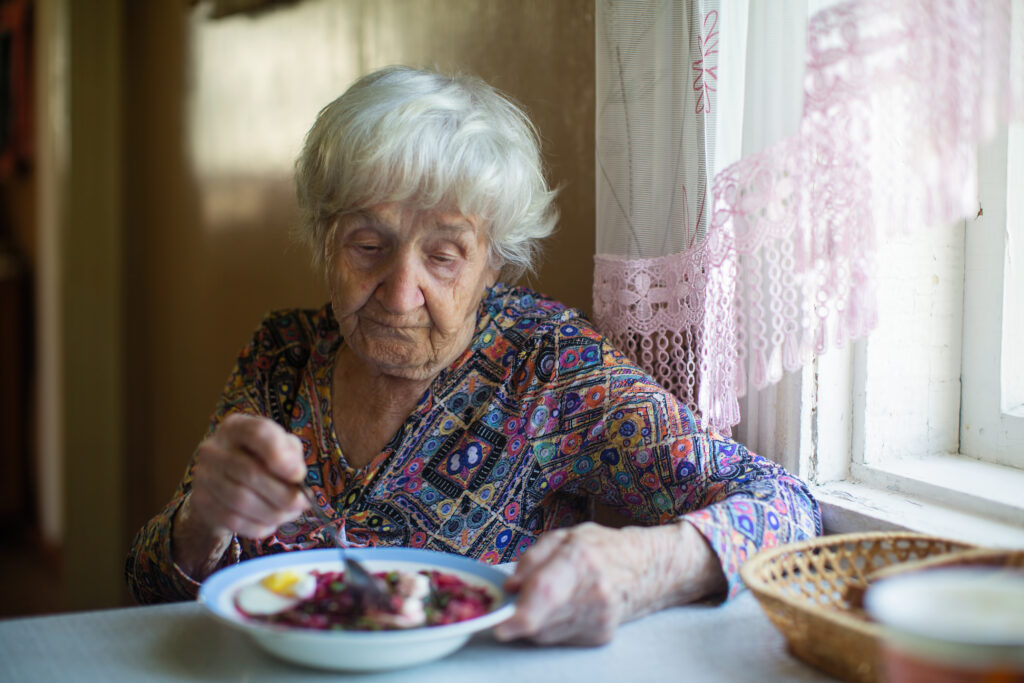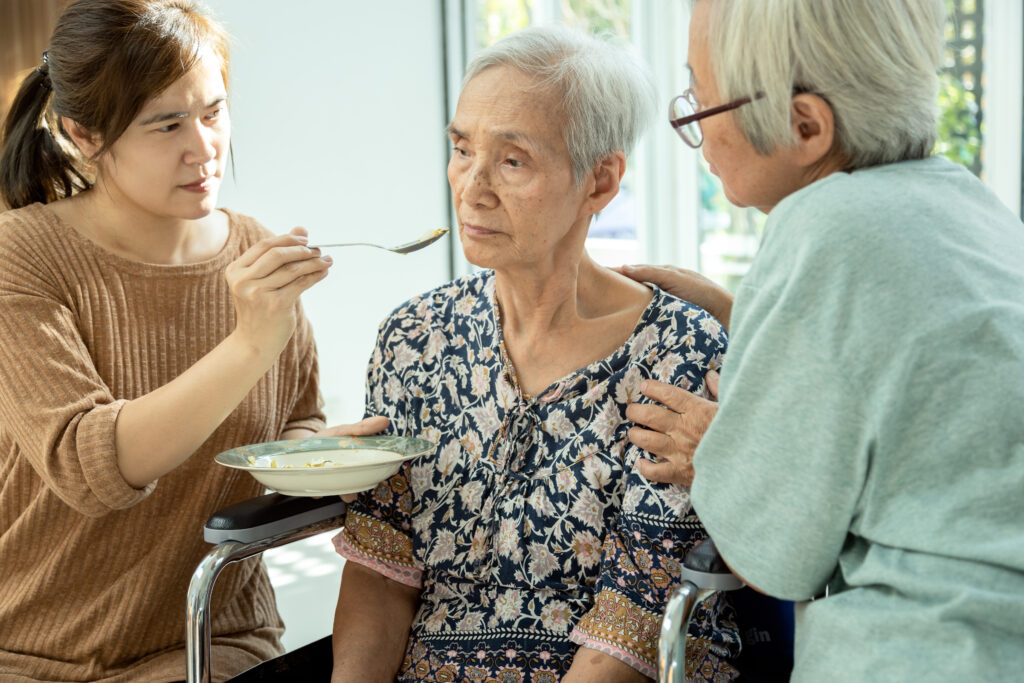As our loved ones grow older, maintaining a healthy and balanced diet can become increasingly challenging. Appetite loss in the elderly is a common issue, but understanding the underlying causes and taking proactive steps can make a world of difference in their overall well-being. In this blog, we explore practical ways to address appetite loss in ageing loved ones while ensuring their nutritional needs are met.
Understanding Appetite Loss in the Elderly
The first step in tackling this challenge is understanding why it occurs. Ageing brings a range of physical and psychological changes that can contribute to decreased appetite. For instance, changes in taste and smell, dental issues, medications, or underlying health conditions may all play a role. Additionally, social factors such as loneliness or depression can also affect appetite in elderly individuals.
If you notice a loved one experiencing a significant change in their eating habits, it’s important to consult a healthcare professional. Identifying and addressing any underlying medical issues can be key to managing ageing loss of appetite effectively.
Create a Comfortable Dining Environment
For many older adults, eating can become less enjoyable due to physical discomfort or emotional factors. Creating a warm and inviting dining environment can help stimulate their appetite. Here are some tips to consider:
- Incorporate social interaction: Sharing meals with family members or friends can make dining a more pleasurable experience. Encourage group meals whenever possible.
- Minimise distractions: Ensure the dining area is quiet and free from distractions such as television or loud noises.
- Serve smaller, appealing portions: Large portions can feel overwhelming. Serving smaller, nutrient-rich meals can encourage regular eating without the pressure of finishing a large plate.
Prioritise Nutrient-Dense Foods
When appetite is reduced, it becomes essential to maximise the nutritional value of every bite. Focus on offering foods that are rich in essential nutrients but easy to consume. Some examples include:
- Soft fruits like bananas and berries
- High-protein options such as eggs, yoghurt, or soft cheeses
- Healthy fats from avocados or nut butters
- Soups and stews packed with vegetables and lean proteins
These options are not only nutritious but are also gentle on the digestive system, making them ideal for those experiencing decreased appetite in elderly years.
Encourage Regular Hydration
Dehydration can further suppress appetite, so it’s crucial to ensure your loved one stays hydrated throughout the day. Offer a variety of beverages such as water, herbal teas, or milk to keep hydration levels up. For those who struggle with drinking plain water, flavoured water or broths can be a good alternative.
Adapt to Their Preferences
Taking the time to understand and cater to personal food preferences can make a significant impact. Ageing often brings about changes in taste, so a previously loved dish might no longer appeal. Experimenting with different flavours, textures, and spices can help reignite their interest in food. Avoid pressuring them to eat specific meals, as this can lead to further resistance.
Consider Nutritional Supplements
In some cases, a healthcare provider may recommend nutritional supplements to bridge the gap when appetite loss in the elderly prevents them from consuming enough food. These supplements, often in the form of shakes or fortified drinks, can provide essential vitamins and minerals to support their health.
Address Emotional Well-Being
Sometimes, appetite loss stems from emotional factors rather than physical ones. Loneliness, grief, or depression are common among older adults and can significantly affect their eating habits. Encouraging regular social activities, hobbies, or even pet companionship can boost their emotional health and indirectly improve their appetite.
When to Seek Professional Help
If efforts to address appetite issues are not yielding results, it’s important to seek advice from a healthcare professional. They can assess whether there are underlying medical conditions contributing to the problem and suggest appropriate interventions. Addressing the elderly and loss of appetite early can prevent further complications such as malnutrition or significant weight loss.
Final Thoughts
Helping ageing loved ones overcome appetite loss requires patience, empathy, and a proactive approach. By creating a positive dining experience, prioritising nutrient-dense foods, and addressing emotional well-being, you can make a meaningful difference in their quality of life.
If you are concerned about appetite loss or other challenges your loved one may be facing, contact Little Croft Care Home today. Our dedicated team is here to provide personalised care and support. Get in touch with us here.



